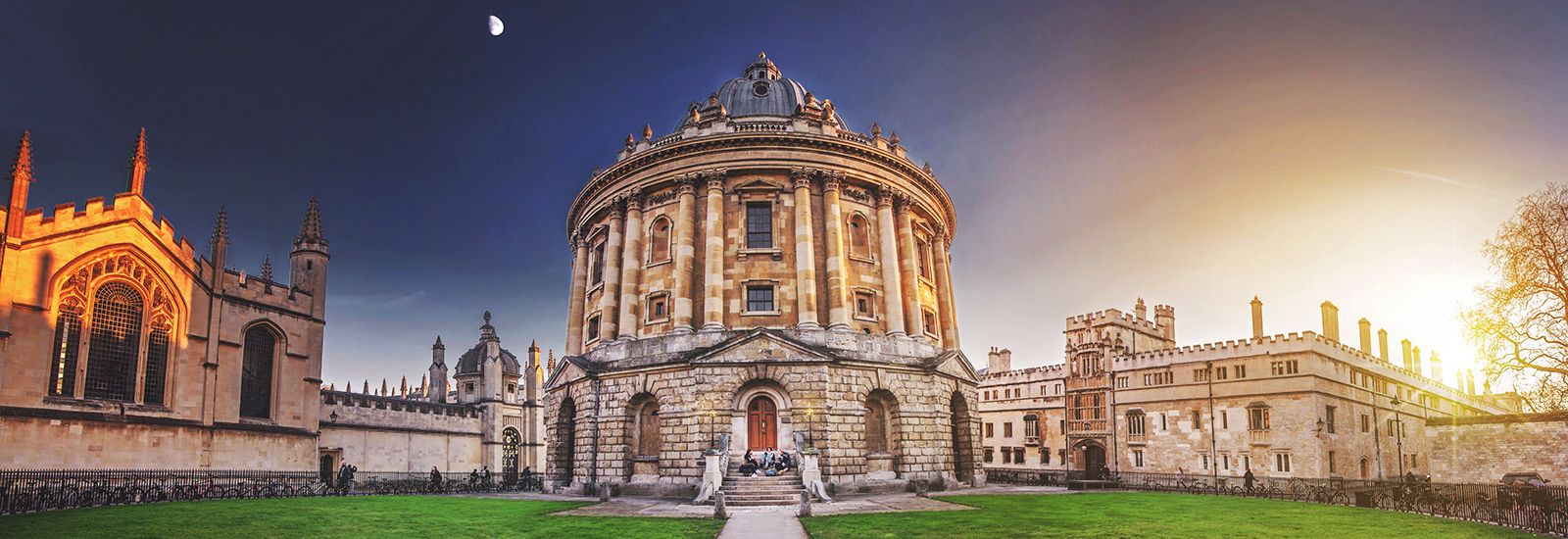
Radcliffe Square at dawn
Image credit: Elizabeth Nyikos / Graduate Photography Competition
A-Z of courses
Use this A-Z and search tool to explore all of Oxford's graduate courses.
Course
Mode of study
Expected length
A
Computer Science, Engineering Science
Full time
4 years
Computer Science, Engineering Science
Part time
8 years
B
Doctoral Training Centre (Medical Sciences)
Full time
3 years
Doctoral Training Centre (Medical Sciences)
Full time
3-4 years
C
Doctoral Training Centre (Medical Sciences)
Full time
4 years
Doctoral Training Centre (Medical Sciences)
Full time
4 years
Orthopaedics, Rheumatology and Musculoskeletal Sciences
Full time
3-4 years
Orthopaedics, Rheumatology and Musculoskeletal Sciences
Part time
6-8 years
Lifelong Learning (Medical and Health Sciences)
Part time
6-8 years
Lifelong Learning (Medical and Health Sciences)
Part time
1 year
Lifelong Learning (Medical and Health Sciences)
Part time
9 months
Lifelong Learning (Medical and Health Sciences)
Part time
11 months
Lifelong Learning (Medical and Health Sciences)
Part time
2 years
Lifelong Learning (Medical and Health Sciences)
Part time
2 years
Humanities Interdisciplinary Courses
Full time
9 months
Asian and Middle Eastern Studies, Global and Area Studies
Full time
9 months